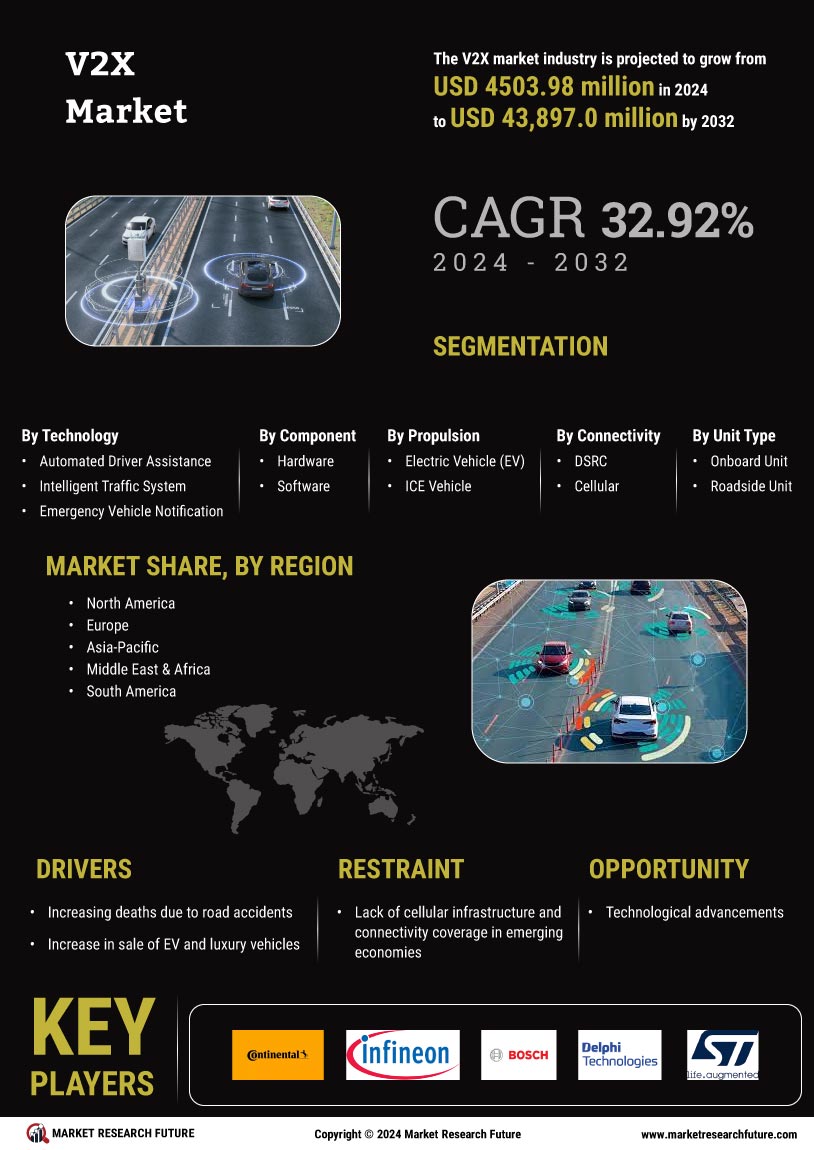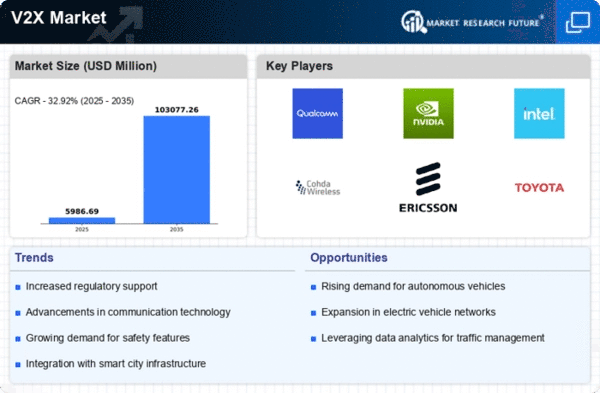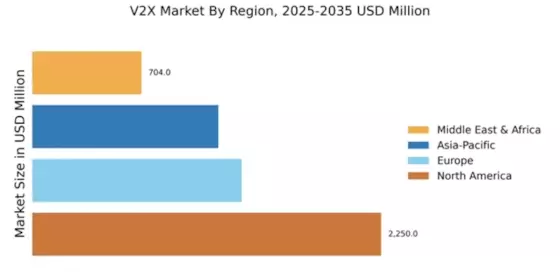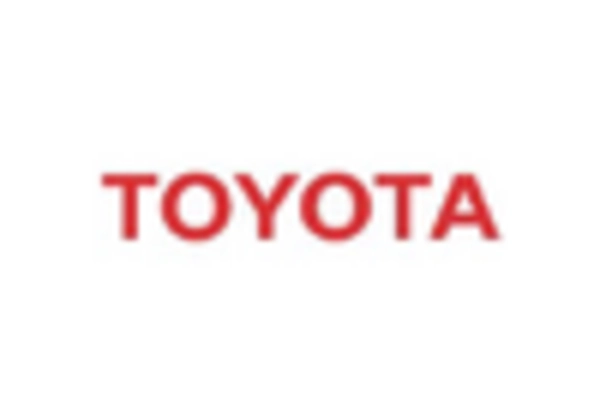Research Methodology on V2X Market
Research is an integral part of the process of developing a market research report. The research methodology encompasses explanatory research, which is primarily concerned with the clarification of relationships between variables. In this case, the research is concerned with understanding the market situation of the V2X (Vehicle to Everything) market. The main research objective is to identify the price trends and the competitive landscape of the V2X market across various regions between 2024 and 2030. The research methodology adopted for this research is descriptive in nature.
Research Design:
The research design used for this study is a descriptive design, which is used to understand the pricing and competitive environment of the V2X market. This research methodology uses detailed secondary data collection of all the market and customer-specific trends using a variety of databases and research sources. The primary research methodology consists of expert interviews and customer surveys. Descriptive data analysis techniques are used in this research.
Data Collection:
The data collection process of this study involves both primary and secondary methods. The secondary sources of information used in this research include industry reports and press releases, government databases, and association databases. Industry experts have been contacted to provide their insights on the V2X market. Primary research involves customer surveys and expert interviews. Online surveys with customers from different regions around the world were conducted to understand customer opinions about the V2X market.
Data Analysis:
The data collected about the V2X market is analyzed by using descriptive research techniques by interpreting the data gathered from secondary and primary sources. The data analysis process involves the analysis of the primary and secondary data collected to identify pricing trends, competitive landscape, and consumer preferences. The output of this analysis is used to identify the key segments in the V2X market.
Sample Size:
In the primary research phase, the sample size was chosen using judgement sampling. The sample size used in the customer surveys is 10,000 respondents from different regions. The sample size chosen for the expert interview is 20 global industry experts.
Sampling Technique:
The sampling technique used in this research is the simple random technique. A total of 10,000 customers were surveyed for the V2X market and 20 global industry experts were interviewed.
Validity and Reliability:
The research methodology used in this report is reliable and valid. All the primary and secondary sources used are credible. The research methodology used in this report is reliable and will provide an unbiased outlook of the V2X market.


















